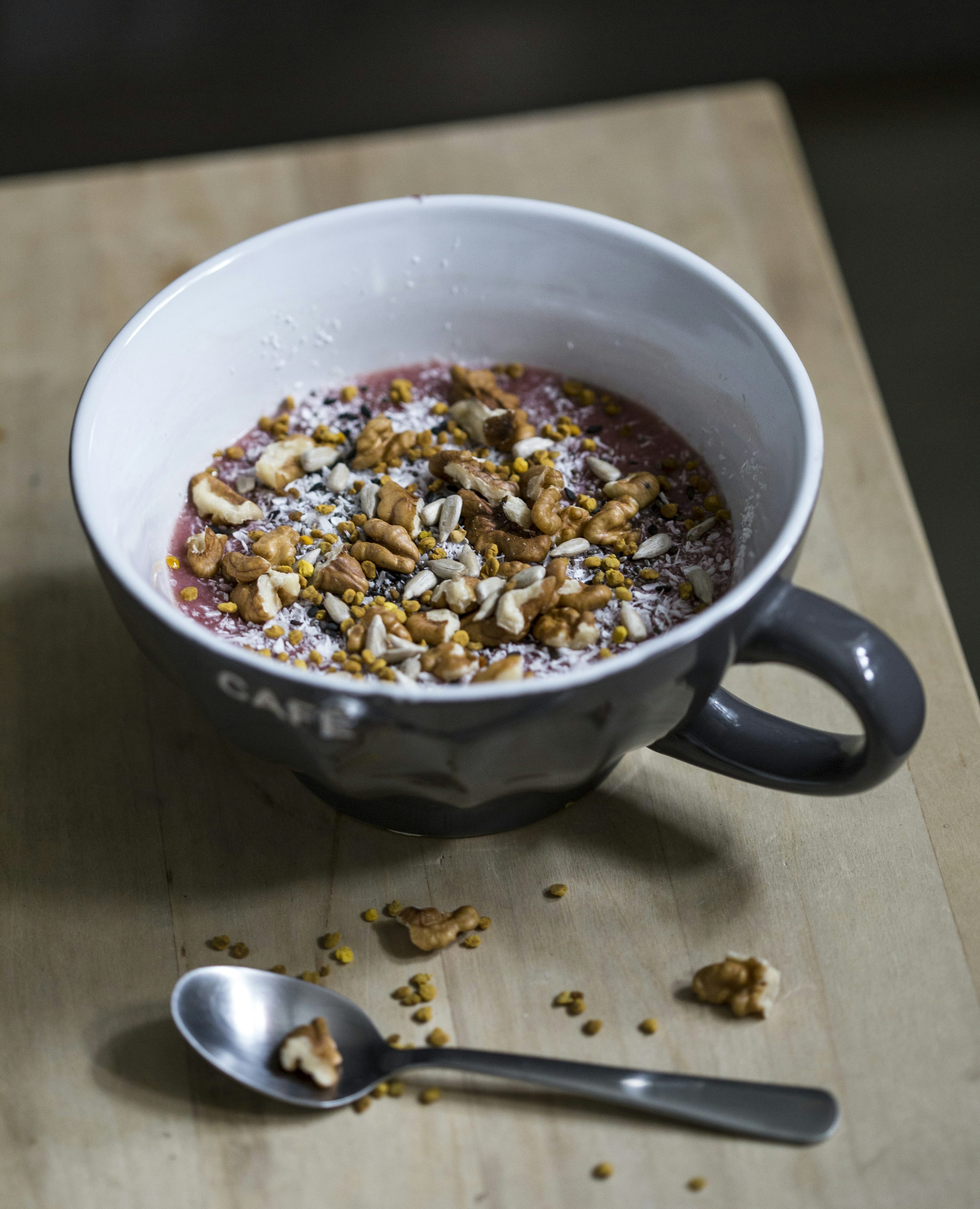Floating vs. Sinking Poop: The Hidden Clues About Your Digestion
Have you ever glanced into the toilet and wondered why your poop floats or sinks? While it might not be the most glamorous topic, your stool’s density can provide valuable clues about your gut health. From diet and hydration to fat malabsorption and gas production, several factors influence whether poop floats or sinks. In this article, we’ll uncover the science behind these variations and what they reveal about your digestive system.

What Makes Poop Float?
Floating poop is primarily caused by an increased amount of gas or fat in the stool. Gas can be produced during digestion when gut bacteria break down undigested food, such as high-fiber vegetables or artificial sweeteners. On the other hand, excess fat in the stool, known as steatorrhea, can make it float and appear greasy. This can happen due to fat malabsorption, where your body fails to properly digest or absorb fats.
- Gas: Foods like beans, broccoli, and carbonated drinks increase gas production, causing stool to float.
- Fat Malabsorption: Conditions like celiac disease, pancreatitis, or gallbladder issues can result in fatty stools that float.
- Fiber-Rich Diet: Insoluble fiber adds bulk to stool and may trap gas, contributing to buoyancy.
Occasional floating stools are usually harmless, but persistent floating can signal underlying digestive issues.
Why Does Poop Sink?
Sinking poop is generally considered a sign of healthy digestion. It indicates that your stool has the right balance of water, fiber, and waste products. When your digestive system efficiently absorbs nutrients and processes waste, stool is denser and sinks in water.
- Proper Nutrient Absorption: Efficient digestion leaves minimal undigested material in the stool, leading to a denser product.
- Balanced Fiber Intake: Soluble fiber found in oats, beans, and apples helps create solid, well-formed stools that sink.
- Adequate Hydration: Proper hydration softens stool, aiding its transit and maintaining healthy density.
If your stool consistently sinks without other symptoms, it’s likely a sign of good digestive health.
When to Be Concerned About Floating Poop
While occasional floating stools are typically harmless, persistent floating accompanied by other symptoms could indicate a problem. Fat malabsorption is a common cause and may be linked to conditions such as:
- Pancreatitis: Inflammation of the pancreas can impair the production of digestive enzymes needed to break down fats.
- Celiac Disease: Gluten intolerance can damage the intestinal lining, reducing nutrient and fat absorption.
- Gallbladder Issues: A lack of bile production or flow can hinder fat digestion.
- Irritable Bowel Syndrome (IBS): Some people with IBS may experience changes in stool buoyancy due to inconsistent digestion.
If your stool is greasy, foul-smelling, or consistently floating, consult a healthcare provider for evaluation.
Tips for Maintaining Healthy Stool Density
- Eat a Balanced Diet: Include both soluble and insoluble fiber to support healthy digestion and stool formation.
- Stay Hydrated: Drinking plenty of water helps soften stools and prevent constipation.
- Limit Fatty Foods: Reduce your intake of high-fat meals to avoid overloading your digestive system.
- Incorporate Probiotics: Fermented foods like yogurt and kimchi can promote a healthy gut microbiome.
- Exercise Regularly: Physical activity helps stimulate digestion and maintain regular bowel movements.
These simple steps can help keep your digestion on track and promote balanced stool density.
When to Seek Medical Advice
If you notice persistent changes in your stool, such as floating combined with other symptoms like weight loss, abdominal pain, or pale, greasy stools, it’s important to consult a healthcare provider. These could be signs of underlying conditions that require medical attention.
Your gut health is a vital part of your overall well-being, so don’t hesitate to seek advice if something feels off.
The Bottom Line
Whether your poop floats or sinks can reveal important details about your digestive health. Occasional floating is often due to diet or gas, while consistent floating may point to fat malabsorption or other digestive issues. By paying attention to these clues and maintaining a healthy diet and lifestyle, you can support your gut health and ensure your digestion stays on track.
References for the Curious Minds
- Camilleri, M., et al. (2018). Understanding Fat Malabsorption and Stool Changes. Journal of Gastroenterology, 17(4), 213-226.
- Martínez, I., et al. (2015). Gut Microbiota and Stool Density: A Closer Look. Gut Health Reviews, 11(3), 189-202.


